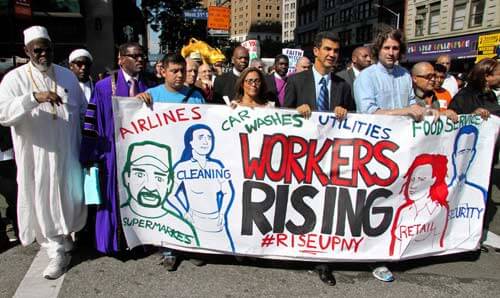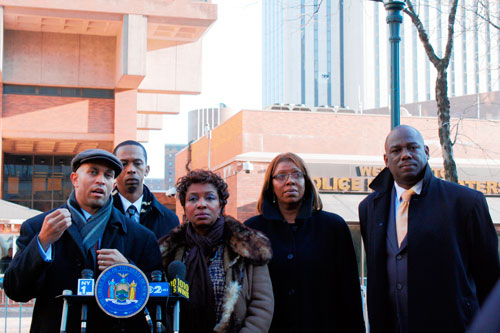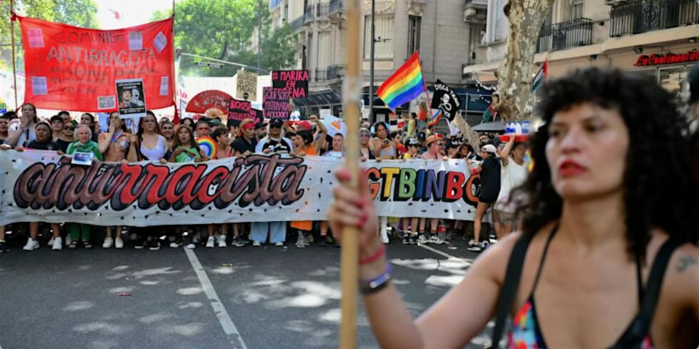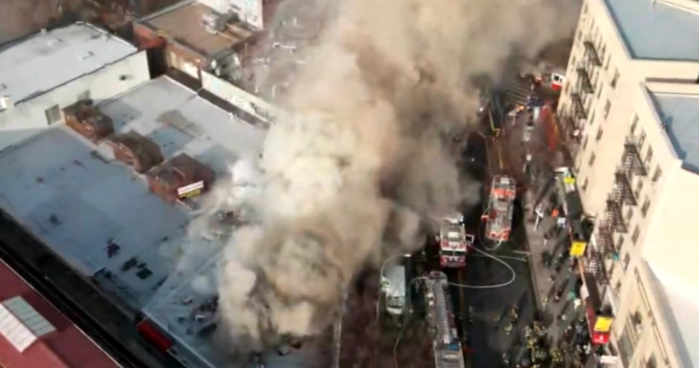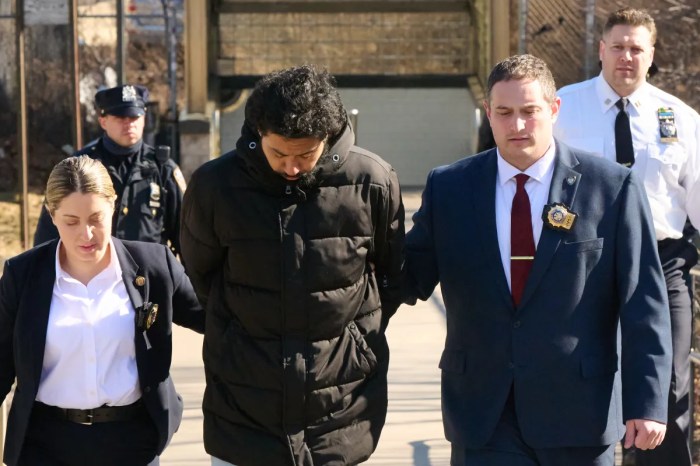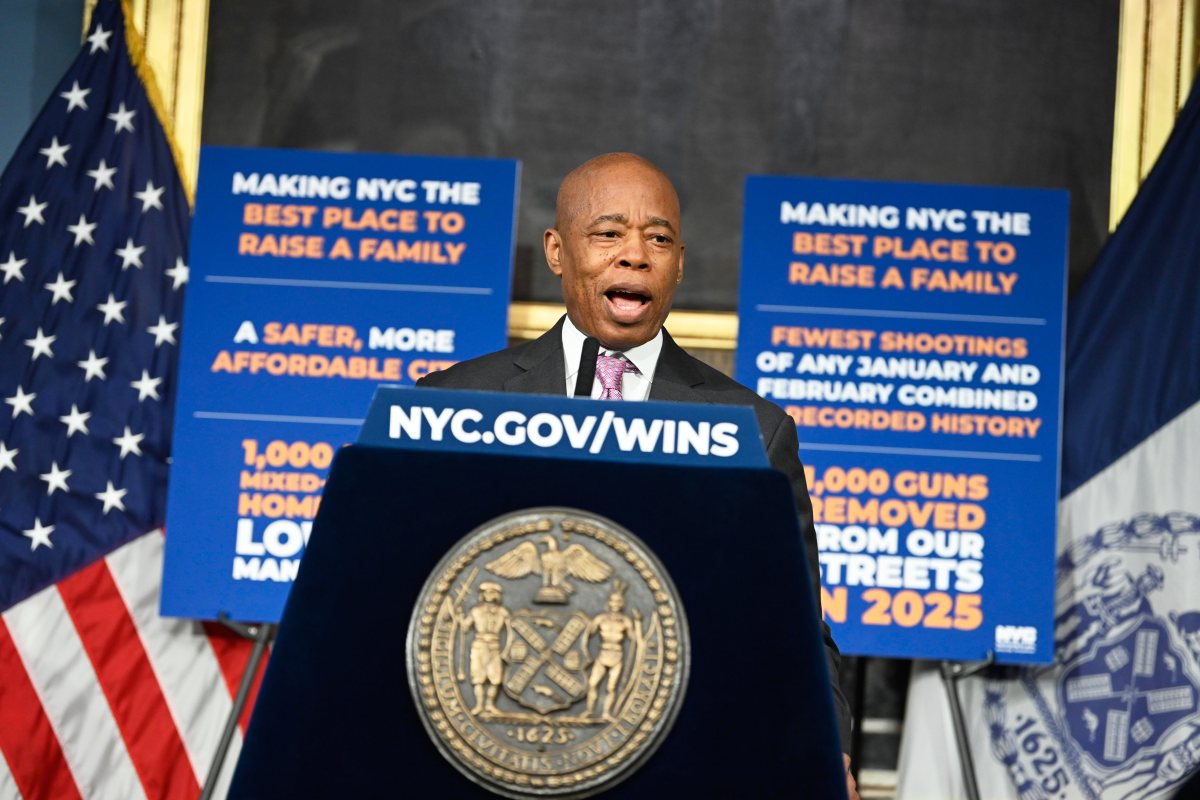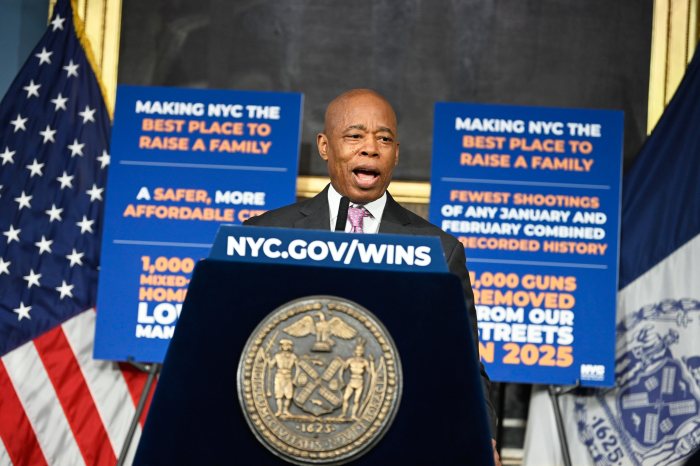To The Editor:
As chairperson of the City Council’s Committee on Sanitation and Solid Waste Management, and as the representative of a district in Brooklyn with an active bicycle culture, I have heard from a number of constituents and advocates about abandoned bicycles.
These bicycles present both an aesthetic and a practical problem, and as more New Yorkers turn to bicycles as an alternative method of transportation, the importance of having protocol in place to address abandoned bicycles will only grow. For these reasons, I appreciate the Department of Sanitation’s (DSNY) efforts in issuing proposed rules to remove abandoned bicycles.
And, as I am sure we all agree, ghost bicycles (I prefer “memorial” bicycles), serve as a poignant homage by families and loved ones of cyclists killed while riding, and also act as an important reminder to passing riders and pedestrians that care must be taken while riding bicycles in our city.
One need only think of the vivid image of the memorial bicycle placed near the site of the World Trade Center after the attack on 9/11 to understand the strength of the message that these bicycles convey. In my district, there have been a number of tragic cycling deaths and several of them are memorialized by memorial bicycles, including two rider fatalities which occurred in one accident last year, Julian Miller and Ajile Turner, whose memorial I pass on a regular basis. In July, Aileen Dalton, a mother of three, was killed when struck by a car in my district while riding a motor scooter. Memorial bikes remind us of how dangerous automobiles can be.
The proposed Department of Sanitation rules define a bicycle to be derelict if it is affixed to public property and it meets three of the following characteristics: the bicycle appears to be crushed or not usable; the bicycle is missing parts, other than the seat and front wheel, including handlebars, pedals, rear wheel or chain; the bicycle has flat or missing tires; the handlebars or pedals are damaged, or the existing forks, frames or rims are bent; or seventy-five percent or more of the bicycle is rusted.
I am concerned that DSNY’s proposed rules extend the definition of a “derelict” bicycle too far and run the risk of subjecting a significant number of memorial bicycles to removal. Many of these memorial bicycles share characteristics with “derelict” bicycles, as they are defined in the rules, even though they are completely different, and should be treated ad such. For purposes of these proposed rules, I believe the Department of Sanitation should eliminate any reference to memorial bicycles. Considering the value that memorial bicycles hold, I think we should be more careful to not subject these sacred bicycles to seizure.
I also recommend that Department of Sanitation improve the notice requirements for memorial bicycles prior to removal. Under the current rules, the Department of Sanitation will affix notice to a memorial bicycle that has become “derelict” to advise the owner that such ghost bicycle is to be removed within thirty days.
I believe that an additional notice provision would be both possible and helpful, since family members or loved ones may not visit a memorial bicycle within those 30 days. One possible option would be to allow family members and loved ones responsible for a memorial bicycle to register with the Department of Sanitation on a voluntary basis. If that bicycle becomes derelict, in addition to the notice provision already set forth in the proposed rules, DSNY can contact the name on-record to advise them of the derelict designation. In addition, the Department could also provide public notice either in the City Record or through some other method of free communication, and can solicit the help of local elected officials to identify the appropriate family member or loved one.
Lastly, I thank the Department of Sanitation for taking on the responsibility of dealing with abandoned bicycles. I welcome ongoing dialogue and ideas for improvements on these proposed rules, particularly with respect to memorial bicycles, and would be more than happy to continue assisting with that process.”
Letitia James
NYC Councilmember.



